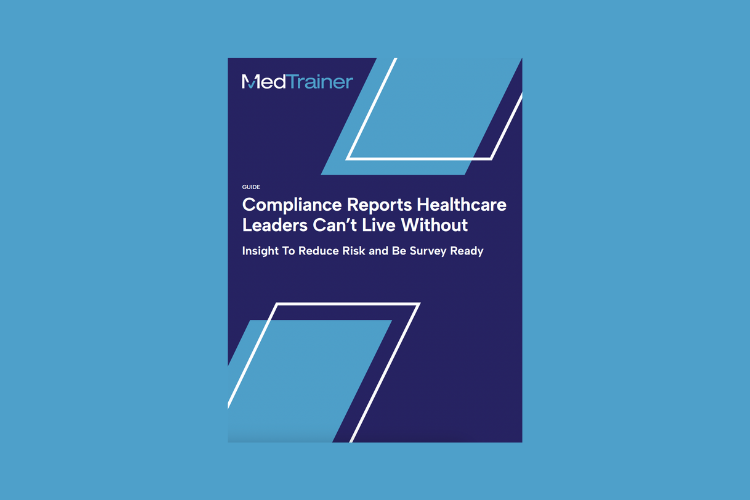In the early 1700s, anyone could practice medicine. Training programs didn’t exist and experimentation was more common than remedies. As the Industrial Revolution took off in the mid-1800s, job-related injuries soared – and with them came innovative medical treatments and deeper oversight into healthcare practices. Those early ethical standards paved the way for how medical compliance plans to limit liability for healthcare organizations today.
Medical compliance plans (also known as compliance programs) play a crucial role in limiting the liability of healthcare organizations and ensuring healthcare providers comply with all relevant laws, regulations, and ethical standards.
How Medical Compliance Plans Limit Liability of Healthcare Organizations
Medical compliance plans help staff remain compliant, protect patients, and reduce liability to an organization’s reputation and financial stability. Here’s how these plans help limit liability:
- Prevent Fraud and Abuse: Compliance plans include measures to prevent fraud and abuse within the healthcare organization. By identifying and addressing potential issues early, they reduce the risk of fraudulent activities that could lead to legal action and financial penalties.
- Remain in Compliance With Regulations: Healthcare organizations must adhere to numerous regulations, including those related to billing, patient privacy (e.g., HIPAA in the U.S.), and quality of care. Compliance plans help organizations stay up-to-date with these regulations, reducing the likelihood of regulatory violations.
- Educate Employees: Healthcare organizations with compliance plans often provide comprehensive training and education to their staff. This ensures that employees are aware of their responsibilities and are less likely to engage in activities that could lead to liability.
- Flag Issues Through Internal Reporting: Compliance plans typically encourage anonymous reporting of potential compliance issues — an online incident reporting system facilities the process. This encourages early detection and resolution of problems, preventing them from escalating into legal issues.
- Auditing and Monitoring: Regular audits and monitoring of healthcare operations are integral parts of compliance plans. These activities help identify non-compliance issues promptly and allow the organization to take corrective action before they lead to legal problems.
- Reduce Medical Malpractice Risk: Ensuring patient safety is a fundamental component of compliance plans. By maintaining high standards of care and safety, healthcare organizations can reduce the risk of medical malpractice claims and associated liability.
- Make Improvements: Compliance plans outline procedures for responding to identified violations. Prompt and appropriate action can mitigate the consequences of non-compliance and demonstrate a commitment to ethical conduct.
- Offer Legal Defensibility: Having a well-documented compliance program can be a strong defense in legal proceedings. It can demonstrate that the organization took proactive steps to prevent violations and may lead to more favorable outcomes in case of litigation.
- Drive Cultural Change: Implementing a compliance plan can foster a culture of ethics and integrity within the healthcare organization. When employees understand the importance of compliance and ethical behavior, the overall risk of liability decreases.
- Documentation Activities: Proper documentation of all healthcare activities, including patient records and billing, is essential. Compliance plans emphasize the importance of accurate and complete documentation to ensure transparency and reduce the risk of liability.

The best compliance and credentialing reports to surface critical insights and keep you survey ready.
Today’s Technology Can Help You Limit Liability
Compliance software offers valuable support to healthcare organizations as they implement their medical compliance plan and reduce liability. By systematically addressing compliance risks, healthcare organizations can foster a culture of accountability and ensure the delivery of safe and high-quality healthcare services.
A platform, such as MedTrainer, includes robust document management capabilities, making it easier for organizations to maintain and update policies and procedures as needed to remain in compliance with the latest regulations. The reporting and analytics tools allow organizations to track and monitor compliance efforts, making it easier to identify areas of concern and prioritize remediation activities.
The robust learning management system (LMS) enables organizations to deliver compliance training and education to staff, ensuring that employees are well-prepared to meet compliance requirements. The incident management module helps organizations respond effectively to compliance incidents, ensuring that issues are addressed promptly and thoroughly. See MedTrainer in action.